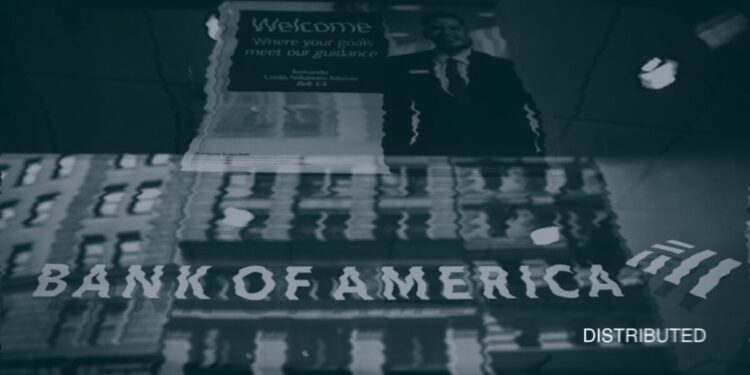- The aim is to create a stablecoin that could be used not only by the founding banks but also by other U.S. banks.
- The growing interest in stablecoins among banks aligns with increasing political support from figures like Donald Trump.
Some of America’s largest financial institutions are exploring a bold new step into crypto, potentially joining forces to launch a shared stablecoin. While still in early discussions, the move signals a shift in how traditional banking views digital assets, especially as political rhetoric heats up around the technology.
According to The Wall Street Journal, JPMorgan Chase, Bank of America, Citigroup, and Wells Fargo have held preliminary talks about creating a joint stablecoin.
The discussions reportedly involve companies tied to The Clearing House and Early Warning Services, both of which are bank-owned entities. The goal: a stablecoin usable not only by the founding institutions but also by a broader range of U.S. banks. The initiative remains conceptual. None of the banks have publicly confirmed the talks, and several declined to comment when asked by Reuters.
See Related: Top Canadian Media Outlets Sue OpenAI In Copyright Case Potentially Worth Billions
Traditional Finance Inches Toward Crypto Integration
Stablecoins are cryptocurrencies typically pegged to fiat currencies, such as the U.S. dollar. They play a critical role in crypto markets, helping users move assets efficiently without converting to traditional currency.
For banks, launching a stablecoin could reduce transaction costs, speed up settlements, and help them keep pace with fintech and crypto-native firms already in the space. A jointly issued stablecoin could provide a regulated alternative to privately issued tokens, like Tether or USDC, while preserving banks’ control over digital payments infrastructure.
The report also notes that regional and community banks have separately considered their own stablecoin collaboration, suggesting that the concept is gaining interest beyond just Wall Street.
The potential move comes at a time of growing political support for digital assets. President Donald Trump, now a vocal advocate for crypto, claimed that blockchain innovation could enhance the U.S. banking system and reinforce the global position of the dollar.



